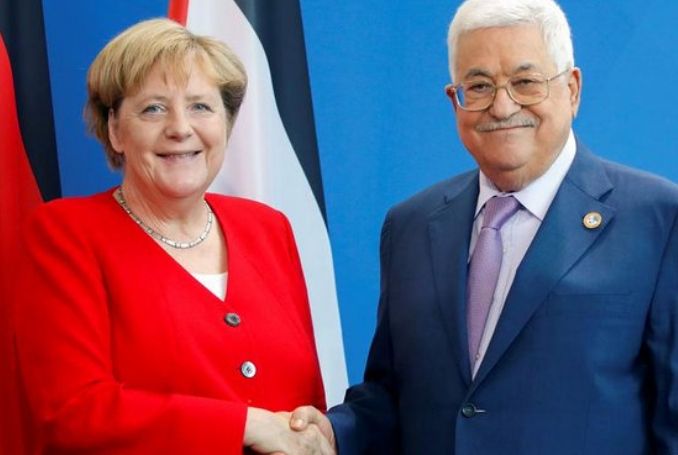
The German parliament passed a resolution yesterday urging the government in Berlin to use its close ties with Israel to prevent Tel Aviv from annexing large swaths of the occupied West Bank.
The non-binding motion was brought in the parliament by the three parties in Chancellor Angela Merkel’s broad coalition and was approved without opposing votes.
#PalestineChronicle Explains: What You Need to Know about #Israel’s #Annexation Plan https://t.co/JMPrKoVLhF via @PalestineChron pic.twitter.com/P3Eu6Yb82Z
— @palestinechron (@PalestineChron) July 2, 2020
The resolution calls for Berlin to use its “special relations and contacts [to Tel Aviv] to express to the Israeli government our concerns and our urgent demand to refrain from the annexation of parts of the West Bank and from the continued expansion of settlements, both of which contradict international law.”
All parliamentary groups, aside from the far-right Alternative for Germany (AfD) party, warned that Israel’s plans to annex parts of the West Bank would jeopardize Israel’s security and hopes of a two-state solution.
“We reject unilateral changes of borders, and we won’t recognize them,” Foreign Minister Heiko Maas said in the parliamentary debate that preceded the vote. “Now it’s about creating space for diplomacy.”
Annexation is the term used when a state decides to unilaterally declare and transfer its political, legal, and military sovereignty over a portion of land belonging to another state.
After World War II, the United Nations resoundingly rejected the practice, proclaiming annexation through military force to be illegal.
Over the last few months, Netanyahu repeatedly promised to annex parts of the Palestinian territories. This includes large swathes of the already occupied West Bank and parts of the strategic Jordan Valley.
Jordan, Germany reaffirm rejection of Israeli annexation planshttps://t.co/TXTZ4d1XKb pic.twitter.com/G8OtnWjuat
— ammannewspaper (@ammannewspaper) June 11, 2020
The idea began to take form in a tangible way following the Trump Administration’s announcement of the so-called Deal of the Century on January 28, which allows Israel to seize parts of the occupied Palestinian territories, and grants Palestinians a ‘state’ on the disjointed parts of whatever remains of the West Bank.
The German foreign minister has vowed to put the issue on top of the agenda after it assumed the six-month rotating presidency of the Council of the European Union (EU), as well as chairing the month-long UN Security Council, which means that it will be active in navigating the EU’s response to Israel’s planned annexation.
(Palestine Chronicle, MEMO, Social Media)







